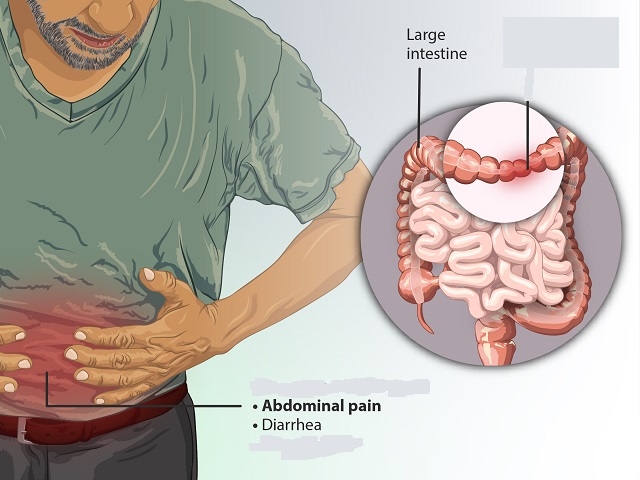10 Signs You May Have Hypothyroidism -- Symptoms, Causes, Effects, Treatment and Prevention
Hypothyroidism is a condition in which the thyroid gland does not produce enough thyroid hormone, resulting in a slowdown of various bodily functions. The thyroid hormone plays a crucial role in regulating metabolism, growth, and development, so a deficiency can lead to a wide range of symptoms and health effects.
Symptoms of Hypothyroidism
The symptoms of hypothyroidism can vary but may include:
- Fatigue and weakness
- Weight gain
- Cold intolerance
- Dry skin and hair
- Constipation
- Muscle aches and stiffness
- Depression and mood swings
- Memory problems
- Slowed heart rate
- Menstrual irregularities in women
Diagnosis of Hypothyroidism
To diagnose hypothyroidism, healthcare providers may perform the following:
- Thyroid-stimulating hormone (TSH) test: This blood test measures the levels of TSH, a hormone that stimulates the thyroid gland. Elevated TSH levels indicate an underactive thyroid.
- Thyroid hormone levels: Blood tests may be conducted to measure the levels of thyroid hormones, such as thyroxine (T4) and triiodothyronine (T3), which are typically low in hypothyroidism.
- Physical examination: The healthcare provider may also examine the patient for physical signs of hypothyroidism, such as dry skin, hair loss, or swelling around the eyes.
Causes of Hypothyroidism
The most common cause of hypothyroidism is an autoimmune condition called Hashimoto's thyroiditis, in which the body's immune system mistakenly attacks the thyroid gland. Other causes may include:
- Thyroid surgery or radiation therapy
- Certain medications
- Congenital hypothyroidism (present from birth)
- Iodine deficiency (rare in areas with sufficient iodine intake)
Effects of Hypothyroidism
Untreated hypothyroidism can have several effects on the body, including:
- Slowed metabolism, leading to weight gain and difficulty losing weight
- Fatigue and low energy levels
- Elevated cholesterol levels and increased risk of heart disease
- Impaired mental function, memory problems, and depression
- Dry skin, hair loss, and brittle nails
- Menstrual irregularities and fertility issues in women
Treatment and Prevention of Hypothyroidism
The primary treatment for hypothyroidism is hormone replacement therapy, which involves taking synthetic thyroid hormone medication to restore normal hormone levels. The specific medication and dosage will be determined by the healthcare provider based on individual needs. In most cases, treatment is lifelong. There are no known prevention methods for hypothyroidism, but early detection and treatment can help manage the condition effectively.
References:
American Thyroid Association. (2021). Hypothyroidism (Underactive). Retrieved from https://www.thyroid.org/hypothyroidism/
Mayo Clinic. (2021). Hypothyroidism (underactive thyroid). Retrieved from https://www.mayoclinic.org/diseases-conditions/hypothyroidism/symptoms-causes/syc-20350284
National Institute of Diabetes and Digestive and Kidney Diseases. (2021). Hypothyroidism (Underactive Thyroid). Retrieved from https://www.niddk.nih.gov/health-information/endocrine-diseases/hypothyroidism


















